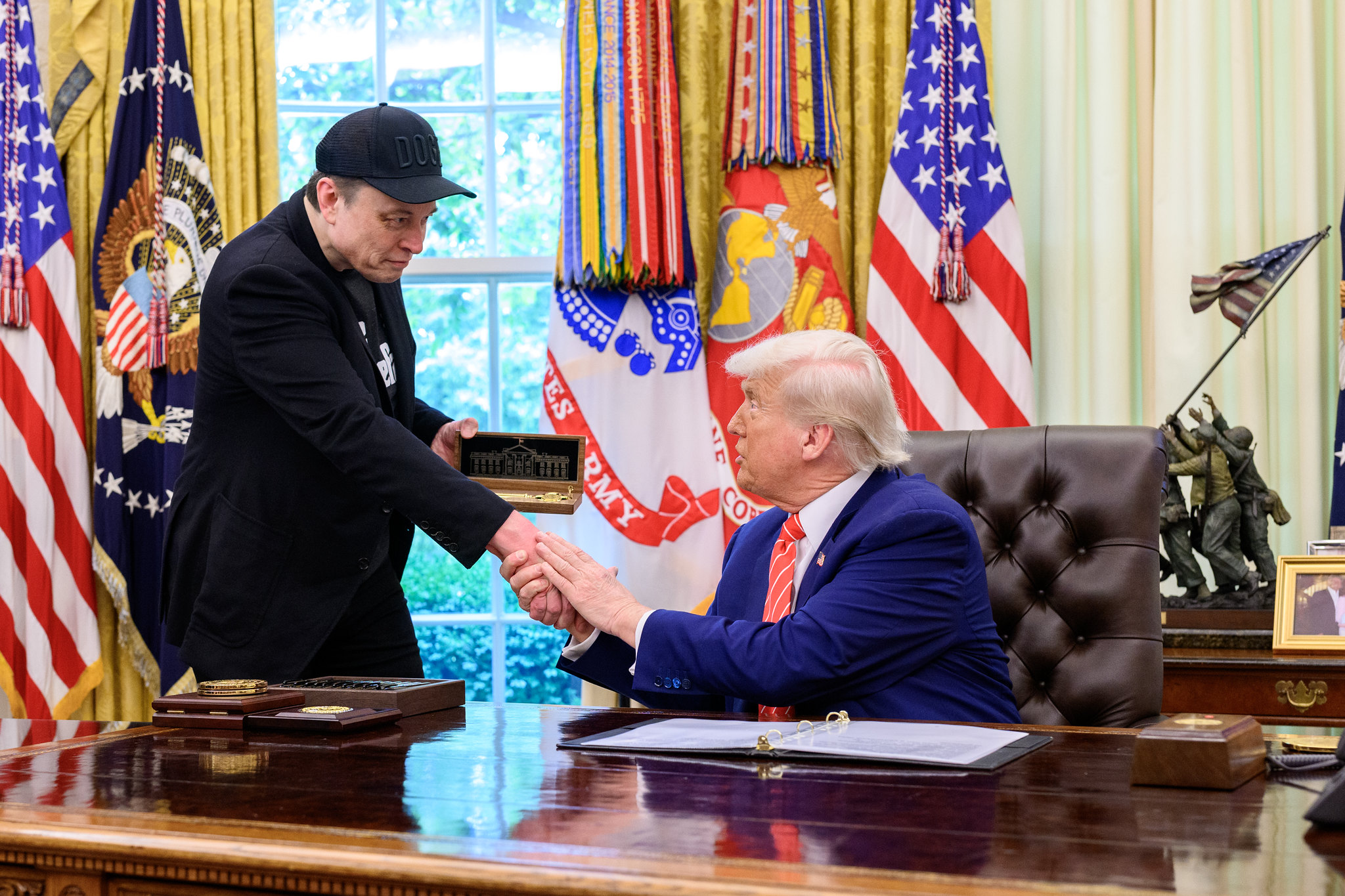
The Government’s Arguments Against DOGE Transparency Are Legally Unfounded
In a new court filing, American Oversight rebutted the Trump administration's attempt to block discovery into the shadow bureaucracy linked to Elon Musk.

On Monday, American Oversight filed a reply in the U.S. District Court for the District of Columbia countering the Trump administration’s latest attempt to shield the Department of Government Efficiency (DOGE) from transparency. The nonprofit watchdog’s filing urges the court to reject the government’s legal arguments and allow limited discovery to determine whether DOGE — the controversial entity led until recently by Elon Musk — is subject to the Freedom of Information Act (FOIA).
“The Trump administration can’t have it both ways. It can’t build a secretive entity like DOGE, empower it like an independent agency by allowing it to fire civil servants, direct other agencies, and commandeer government systems, and then claim it only advises the president and isn’t subject to transparency,” said Chioma Chukwu, Executive Director of American Oversight. “The government’s arguments defy decades of precedent and basic common sense. No president should be allowed to construct a shadow government that evades federal law and shields its actions from scrutiny. We urge the court to reject this latest attempt to keep the public in the dark.”
The government’s opposition brief relies on the same arguments the Supreme Court rejected earlier this month in a similar case brought by Citizens for Responsibility and Ethics in Washington (CREW). As American Oversight’s new filing makes clear, decades of FOIA case law have consistently allowed courts to look beyond an entity’s stated purpose to evaluate its real-world authority — especially when the government’s narrative contradicts public facts.
Filed on June 2, the nonprofit watchdog’s discovery motion asked the court to order DOGE to answer a series of targeted questions and produce documents to determine whether the entity is subject to FOIA. In response to Supreme Court guidance, American Oversight narrowed its proposed discovery to exclude questions about DOGE’s “recommendations” and focus exclusively on structure, direct action, and control.
Mounting evidence and the government’s own inconsistent statements suggest that DOGE wields sweeping independent authority, far exceeding the government’s claim that it exists solely to advise the president. Public reporting has shown that DOGE has issued numerous directives to federal agencies, overridden decisions made by cabinet and agency officials, and deployed a network of Musk-linked operatives to implement its agenda — often without White House knowledge or oversight.
Late last month, the Supreme Court granted the Trump administration’s request for a stay in a similar FOIA lawsuit brought by CREW, temporarily blocking the district court’s order requiring DOGE to produce records and sit for depositions and instructing the D.C. Circuit Court of Appeals to narrow the scope of CREW’s discovery requests. American Oversight filed an amicus brief in that case urging the Court to reject the Trump administration’s unprecedented attempt to shield DOGE and Musk from transparency.